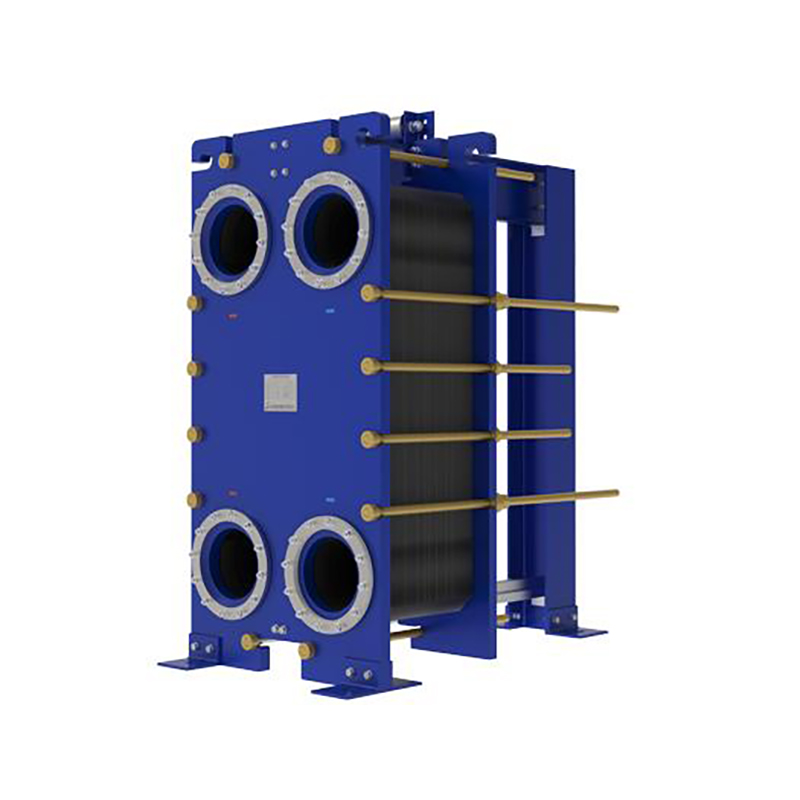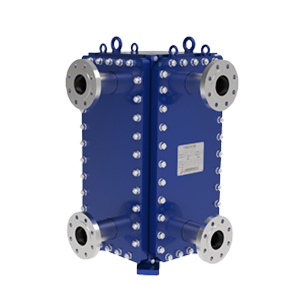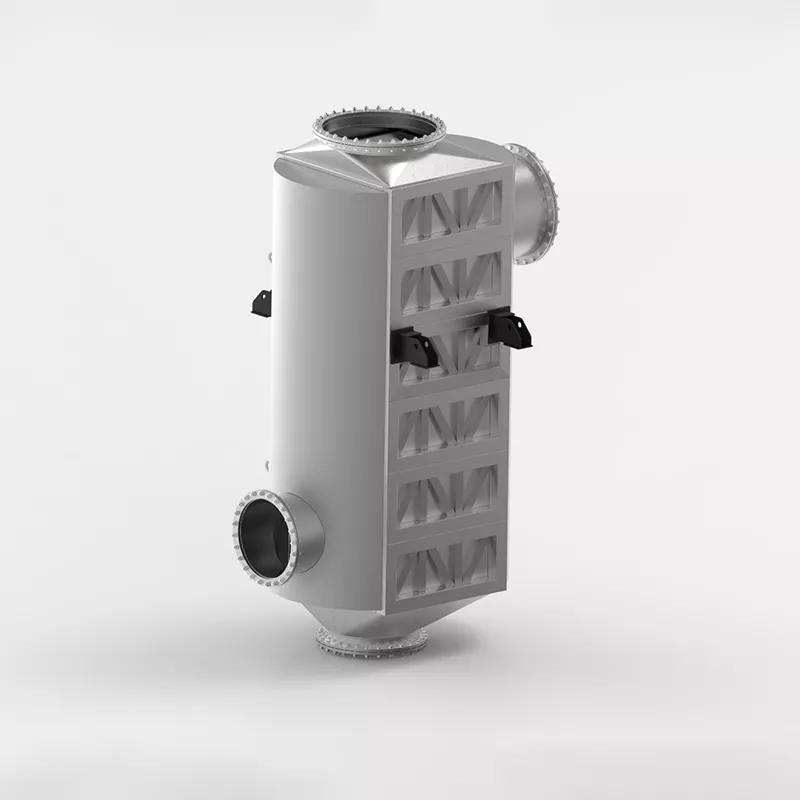5 key roles of plate heat exchanger gaskets.
Plate heat exchanger gaskets perform 5 key roles: ...
More
What Is CO2 Gas Cooler? A CO2 gas cooler is an advanced heat exchange system designed to efficiently dissipate heat from carbon dioxide (CO2) in industrial and commercial refrigeration applications. Unlike traditional coolers, it leverages the thermodynamic properties of CO2 (R744) to achieve superior cooling performance while minimizing environmental impact. CO2 gas coolers are widely used in supermarkets, cold storage facilities, and heat pump systems, offering a sustainable alternative to conventional refrigerants like HFCs and HCFCs.
CO2 gas coolers operate by transferring heat from high-pressure CO2 gas to the surrounding air or water, enabling the refrigerant to condense or cool before entering the next cycle. Their robust construction ensures durability in harsh environments, while their modular design allows for scalability. With global regulations phasing out high-GWP refrigerants, CO2 gas coolers are becoming the go-to solution for businesses aiming to comply with environmental standards like the F-Gas Regulation and the Kigali Amendment. Leading manufacturers such as Danfoss, Emerson, and Mayekawa have developed cutting-edge CO2 gas coolers with energy efficiencies exceeding 90%, reducing operational costs by up to 30% compared to traditional systems.
Choosing a CO2 gas cooler offers unparalleled advantages in sustainability, efficiency, and regulatory compliance. CO2 is a natural refrigerant with a global warming potential (GWP) of 1, making it one of the most eco-friendly options available. Unlike synthetic refrigerants, CO2 is non-toxic, non-flammable, and readily available, eliminating supply chain risks. Studies show that CO2-based systems can reduce carbon emissions by up to 50% compared to HFC-based systems, aligning with corporate sustainability goals and net-zero targets.
From a performance standpoint, CO2 gas coolers excel in extreme conditions, maintaining high efficiency even at low ambient temperatures. Their ability to operate in transcritical and subcritical modes ensures adaptability across diverse climates. Industry data reveals that CO2 systems can achieve COP (Coefficient of Performance) values of 3.5–4.5, outperforming conventional refrigerants. Additionally, governments worldwide offer incentives for adopting natural refrigerant technologies, including tax credits and grants. For businesses seeking long-term cost savings, regulatory compliance, and environmental stewardship, CO2 gas coolers represent the optimal choice.
Select the most popular foreign trade service products to meet your diverse needs
Learn more about the dynamics and professional knowledge of the foreign trade industry

Plate heat exchanger gaskets perform 5 key roles: ...
More
A gasket in heat exchanger seals surfaces, blocks ...
More
You can see clear differences between welded block...
More
Shanghai Heat Transfer stands out with its ISO9001...
More
Gas to gas plate heat exchangers transfer heat usi...
More
Proper gasket installation in a gasket heat exchan...
MoreSelect the most popular foreign trade service products to meet your diverse needs
Explore more content related to foreign trade services

User Comments
Service Experience Sharing from Real Customers
John Smith
Mechanical EngineerThe CO2 gas cooler is extremely efficient and has significantly improved our system's performance. Highly recommended!
Emily Johnson
Environmental ConsultantGreat product for sustainable cooling solutions. Easy to install and maintain. Would give 5 stars if the price was a bit lower.
Michael Brown
Refrigeration TechnicianThis CO2 gas cooler is a game-changer for our refrigeration systems. Reliable and energy-efficient. Very satisfied with the purchase.
Sarah Davis
Industrial EngineerThe CO2 gas cooler works well in our industrial setup. It's durable and meets all our cooling needs. A solid investment.